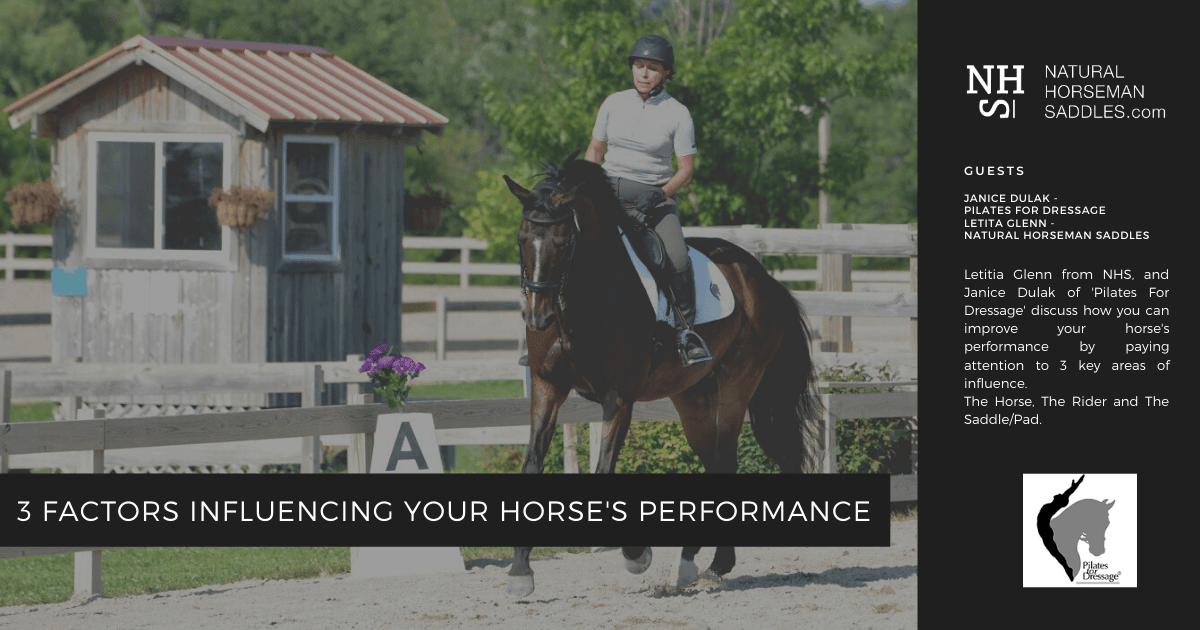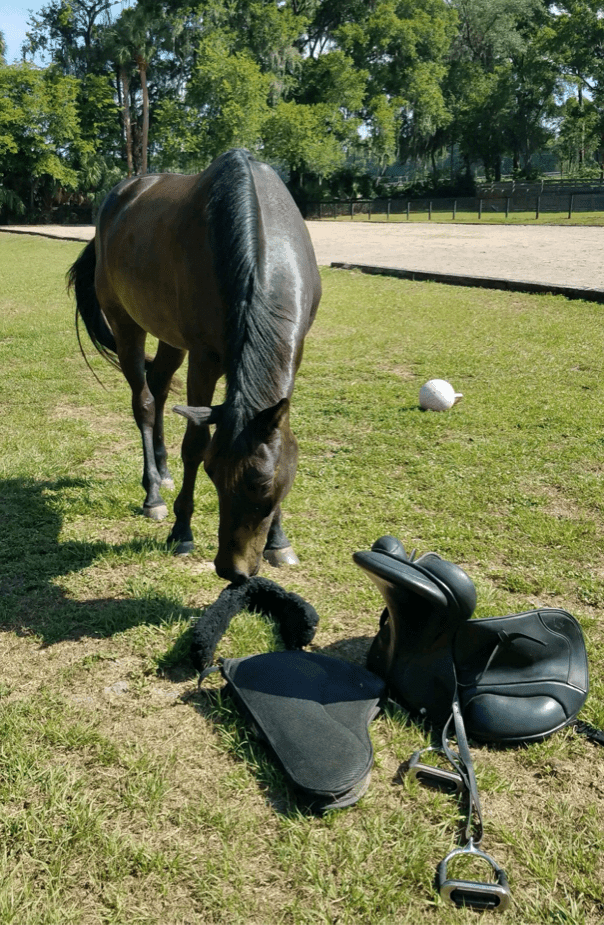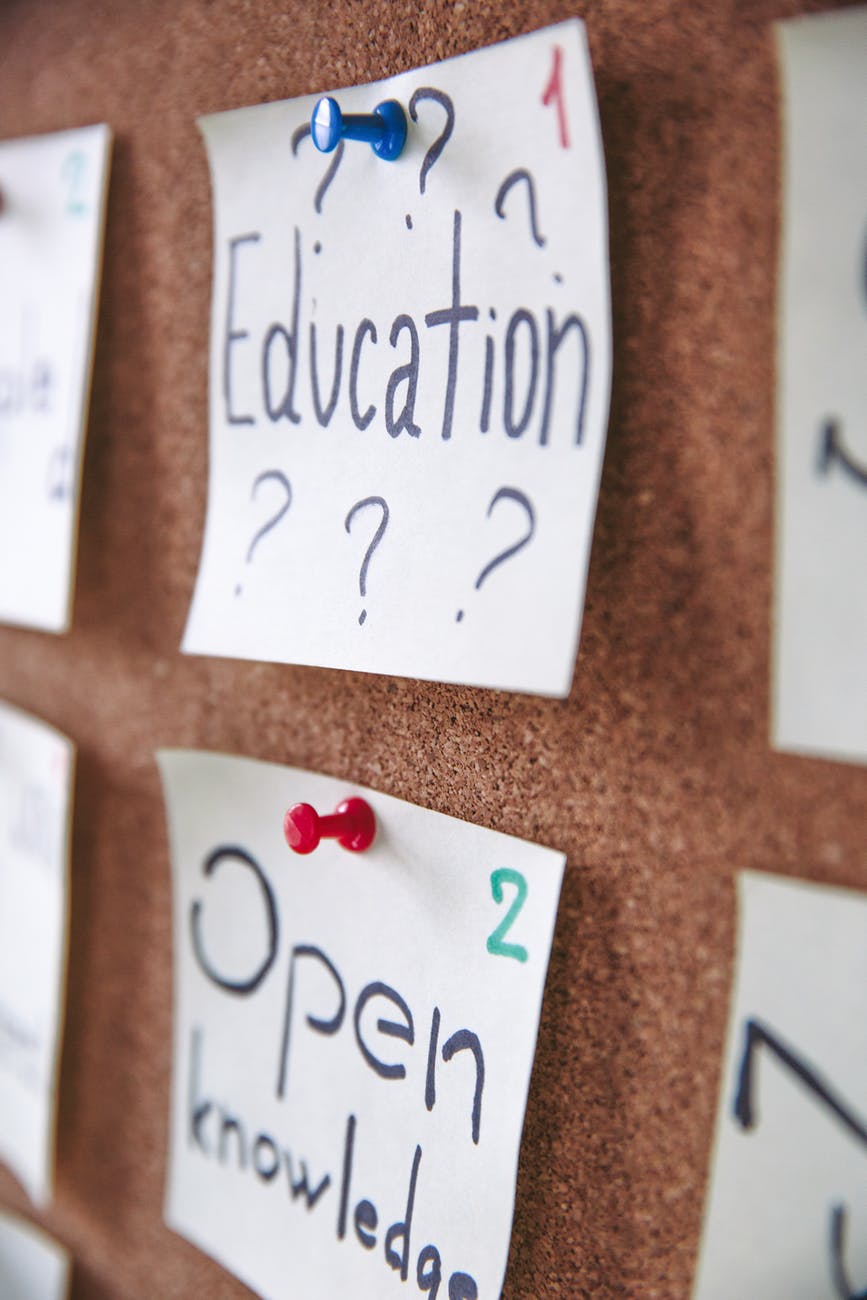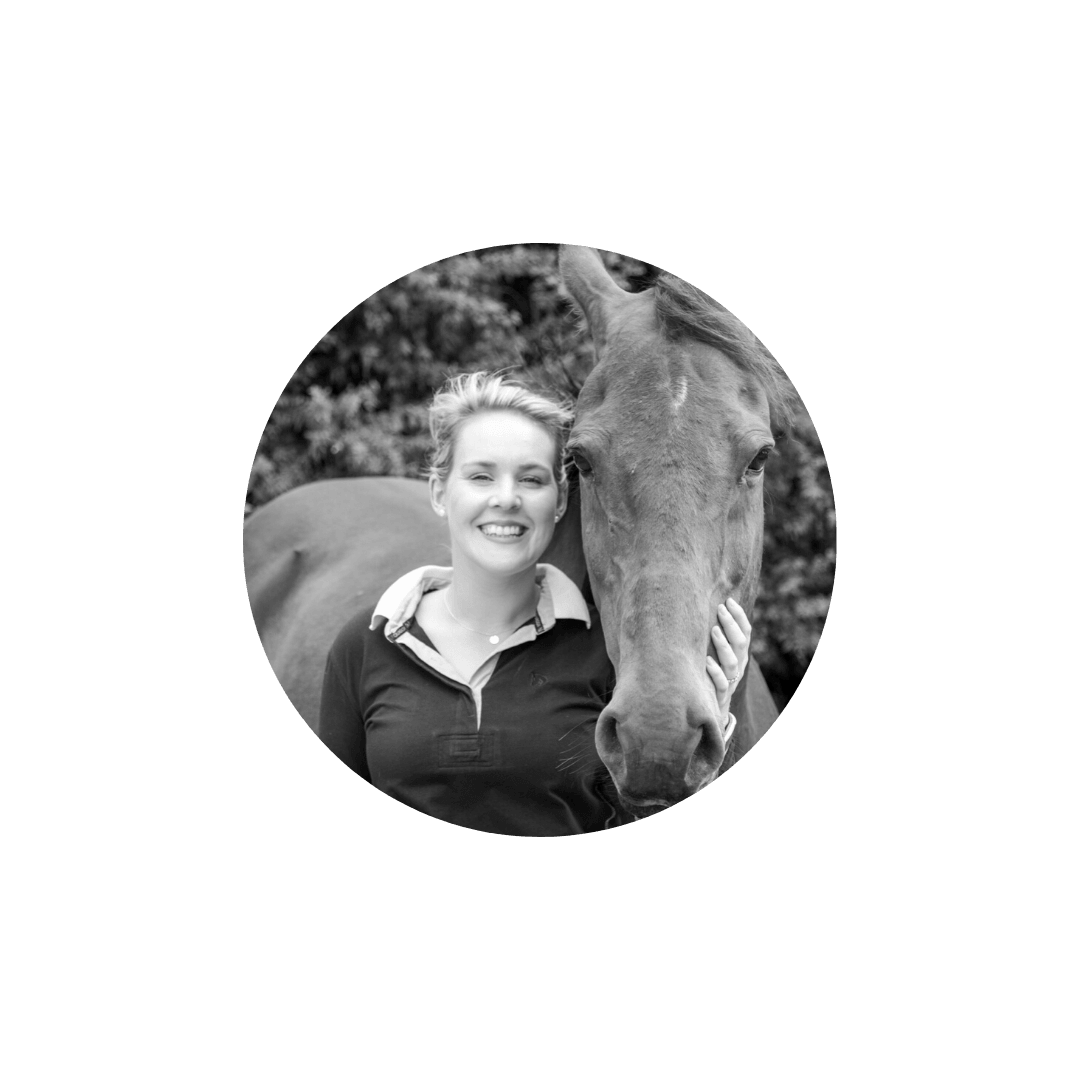
The Twists and Turns on the Road to Resilience…
By Helen O’Hanlon BA, PGDE, M. Ed, MSCPMC
Life Coach and Natural Horsemanship Instructor and
Guest Blogger for Natural Horseman Saddles.
As equestrians, whether professional or leisure riders, we all encounter setbacks and obstacles.
Resilience is a term that is now a cornerstone of sports psychology, but what does it mean? It is our skill to bounce back or recover from setbacks and adversity (Neenan, 2018). It begs the question why do some people bounce back better or quicker than others? This ability depends on many factors, but one core factor is our strength to recognise, acknowledge and embrace our innate resilience skills and behaviours. As a life coach and Natural Horsemanship Instructor, a huge part of my job revolves around helping clients see their resilience skills and behaviours they already own.
Acknowledgement
When faced with a situation that calls for us to be resilient our first step needs to be acknowledging how we feel. No feeling, in any situation, can be classified as right or wrong. Feelings are not always perceived as realistic from an outsider’s perspective, but they are very real and powerful to the individual feeling them.

We can only suppress our emotions for so long until they manifest themselves. Feelings are much like horse training, do ‘less sooner’ rather than ‘more later’. Suppression is NOT an effective strategy for overcoming horsemanship issues and is the single biggest threat to your resilience and ability to make progress in this area. Resilience is not about stoicism, what it is about is acknowledging where we are emotionally to move forward. Emotional fitness is not about always being happy or positive, emotional fitness is about self-awareness and developing individualised coping strategies.
When I was recovering from my horse riding accident in 2006, I was reluctant to tell people how I was feeling for fear of judgement and embarrassment, yet, when I opened up about my situation to the people I trusted, I made rapid progress.
Put your horsemanship endeavours into perspective. The thoughts of even being near a horse for many people is overwhelming, so commend yourself for your courage and bravery for choosing an equestrian life. Horses are powerful animals, and their power can be both captivating and daunting.
Support & Control
To maintain or develop our resilience, we need a multi-faceted support team. Many top equestrians have mental coaches that work confidentially with them so they can be open and honest about their experiences, thoughts, values and beliefs. A coach recognises you as an expert on your life, but also helps you to process and understand your experiences and blind spots.

Support exists on multiple levels; physical, mental, emotional and spiritual support are all worthy of consideration when constructing our road to resilience. Whilst cultivating our sense of resilience, we need to to control what we can. Equipment is one element we can control.
We can support our confidence by using the right tools.
During my recovery process, I purchased a Natural Horseman Saddles Western Saddle, despite being an English rider.
It was a huge boost to my confidence. I felt secure and in control, the bucking rolls and horn gave me huge stability in the saddle and I didn’t feel as open or exposed in the saddle.
I believe that many English riders would benefit from riding in a western saddle even as a short-term intervention. I now ride mainly in my English saddle but use my western saddle for riding young horses. It was one of the single best purchases I have made on my journey to regaining my confidence.
Approach & Retreat
Much like we do with our horses we need to approach the things that make us feel uncomfortable, stay briefly, retreat and re-approach when we feel ready. By paying attention when we start to feel out of balance cultivates greater levels of self-awareness, confidence and resilience. There is nothing wrong with retreating from a situation when you don’t feel okay and re-approaching on your terms. It is hard to be resilient when you feel you have no choice. Resilience is about creating choices and options in order to overcome an issue.

If you feel intimidated by a goal or activity that you feel you ‘must’ do, think about halving or quartering that goal. By reducing the size or magnitude of a task it becomes more appealing and approachable.
As opposed to saying that you have to ride today, why not bargain with yourself and say that you will only do groundwork.
If the groundwork goes well maybe you could ride, but no pressure if you don’t, the goal was just to do groundwork.
All or nothing thinking is a thinking error that places unnecessary pressure on the individual.
When the pressure or stress level is high overwhelm can easily set in.
It is okay to take a step back or reduce the size of your goals.
By approaching and retreating from our goals we are honouring our own thresholds and window of tolerance. Each individual has a unique set of thresholds or window of tolerance which refers to the amount of stimulation a person can experience before becoming out of balance and disconnected from the moment (Siegel, 2010).
If you had a fall from a horse yesterday your re-approach may just consist of groundwork or five minutes of riding, anything beyond that could cause you to become over stimulated and overwhelmed.
When we become good at making activities appealing, we feel safer, more confident and our productivity increases.
Grow Your Own Goals
Nothing erodes our sense of resilience faster than trying to measure up to someone else’s goals. We undoubtedly look to others for inspiration, but this can also act as a method of causing us to measure up short, feel hopeless and less resilient.
We are all on our own life and horsemanship journey and where we are now is exactly where we are supposed to be in space and time. It is essential to have goals and inspirational figures in our lives, but we must also recognise the unique talents and gifts we ourselves possess and bring to our horsemanship. When we focus on our own development, we can obtain joy from the process as opposed to feeling lack or deficit when we measure our experiences against someone else’s.

Acknowledging and savouring past achievements creates a growth mindset, where we feel competent and confident in our ability to overcome obstacles (Seligman, 2013).
Comparison is so regularly the thief of our horsemanship joy and one that also erodes our bounce back ability. Recognising how far we have come in our journeys places us in our own power as opposed to in the shadows of someone else’s.
It’s Okay to be ‘Good Enough’
The renowned psychoanalyst Donald Winnicott coined the term ‘The Good Enough Parent’ whereby parents will never get things perfectly right in every moment, but when they get things good enough most of the time, they are creating a secure solid base for their children, one where the child can thrive and develop. This gives rise to my concept of ‘The Good Enough Equestrian’.
The truth is even the best horse men and women don’t get it right all the time. Development does not need to be perfect to take place.
Being ‘Good Enough’ or imperfect in our horsemanship is not a negative, in reality it affords us time and space to make mistakes and learn from them.
The areas I feel most confident in are usually areas that I have really struggled with in the past. Mistakes and imperfections are proof that we are trying, growing and learning. Furthermore, when we allow space for our horsemanship to be imperfect it often melts our procrastination away, perfectionism and procrastination so frequently exist simultaneously. When we feel we have to do something perfectly it can be both daunting and off putting, whereas when we have the attitude of giving something a go it is far more appealing.
Aspiring to be ‘Good Enough’ removes the pressure of being perfect and allows a space to cultivate our own version of success.
Conclusion
So much of operating from a place of resilience is recognising our existing tenacity, honouring our own experience and mapping out our own journey. Resilience is not finite, it can be grown and developed within everyone.
Wishing you all every success and happiness in your horsemanship journey.
Helen

About Helen O’ Hanlon
Helen is a fully qualified life coach, natural horsemanship instructor and secondary school teacher who lives in County Cork, Ireland. She is a member of the Association of Coaches, The British Psychological Society and a member of the Teaching Council. She holds two first class honours Master’s in Education and Coaching Psychology from University College Cork.
Helen specialises in the areas of confidence, resilience and problem solving. In her practice she uses a wide range of approaches including cognitive behavioural coaching, mindfulness, positive psychology and body work. Having suffered from confidence issues as a result of a fall in 2006, Helen has huge empathy and understanding for clients who find themselves dealing with confidence issues.
Helen has been around horses all her life and is passionate about lifelong learning and helping others achieve their equestrian dreams. Her signature coaching style is one of care and compassion.
You can follow Helen @helenohanloncoaching on Instagram or via her website https://www.helenohanloncoaching.com
References
Neenan, M., (2018). ‘Developing Resilience – A Cognitive-Behavioural Approach’ Routledge.
Seligman, M., (2013). ‘Floursih’. Atria Paperback.
Siegel, D., J., (2010). ‘Mindsight: The New Science of Personal Transformation’
Bantham Books.
